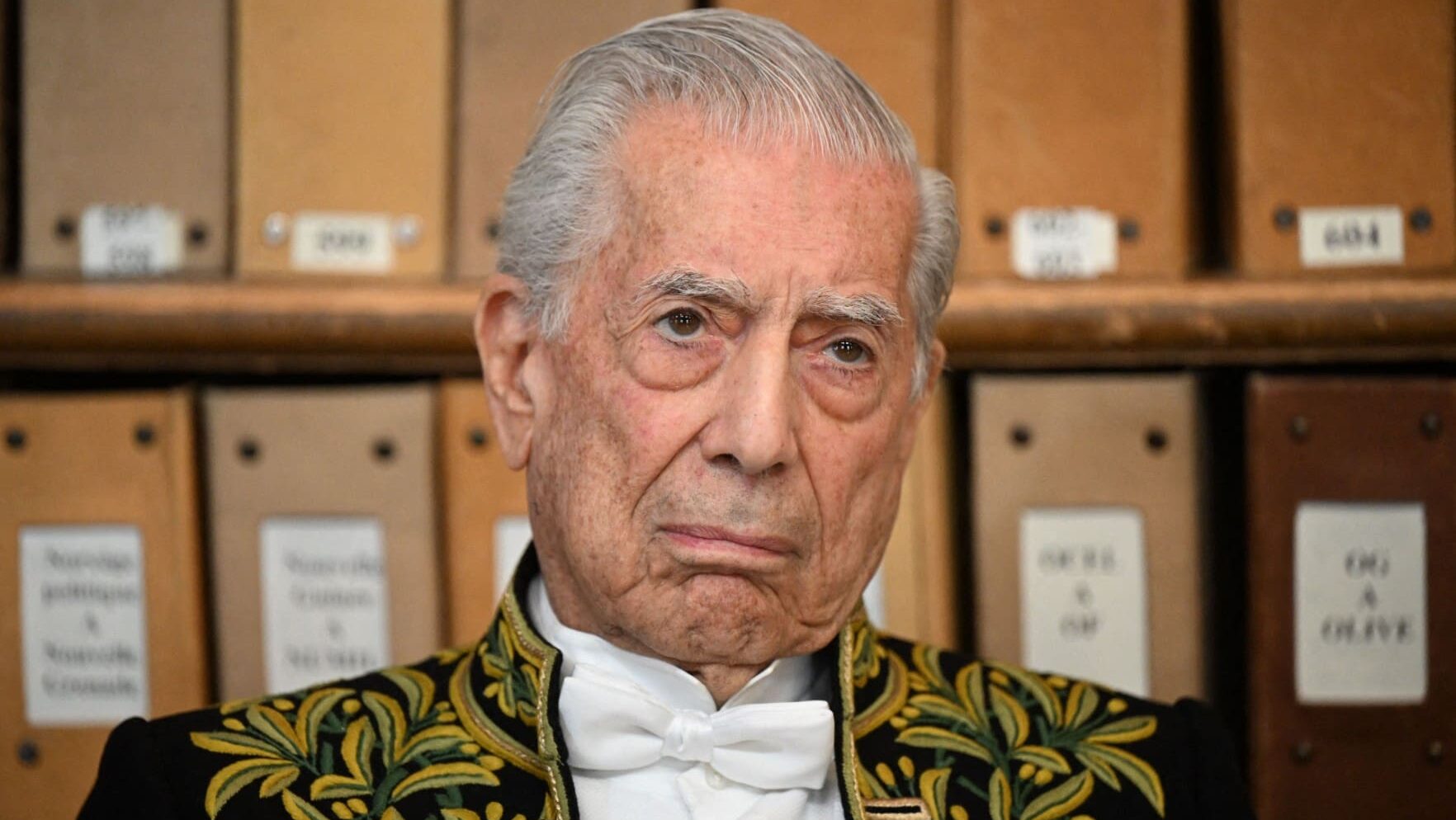
Mario Vargas Llosa: Combatting Unhappiness Until the End
The Nobel Prize winner, considered to be one of the great Spanish language writers of the 20th century, uniquely transformed every experience into literature.

The Nobel Prize winner, considered to be one of the great Spanish language writers of the 20th century, uniquely transformed every experience into literature.
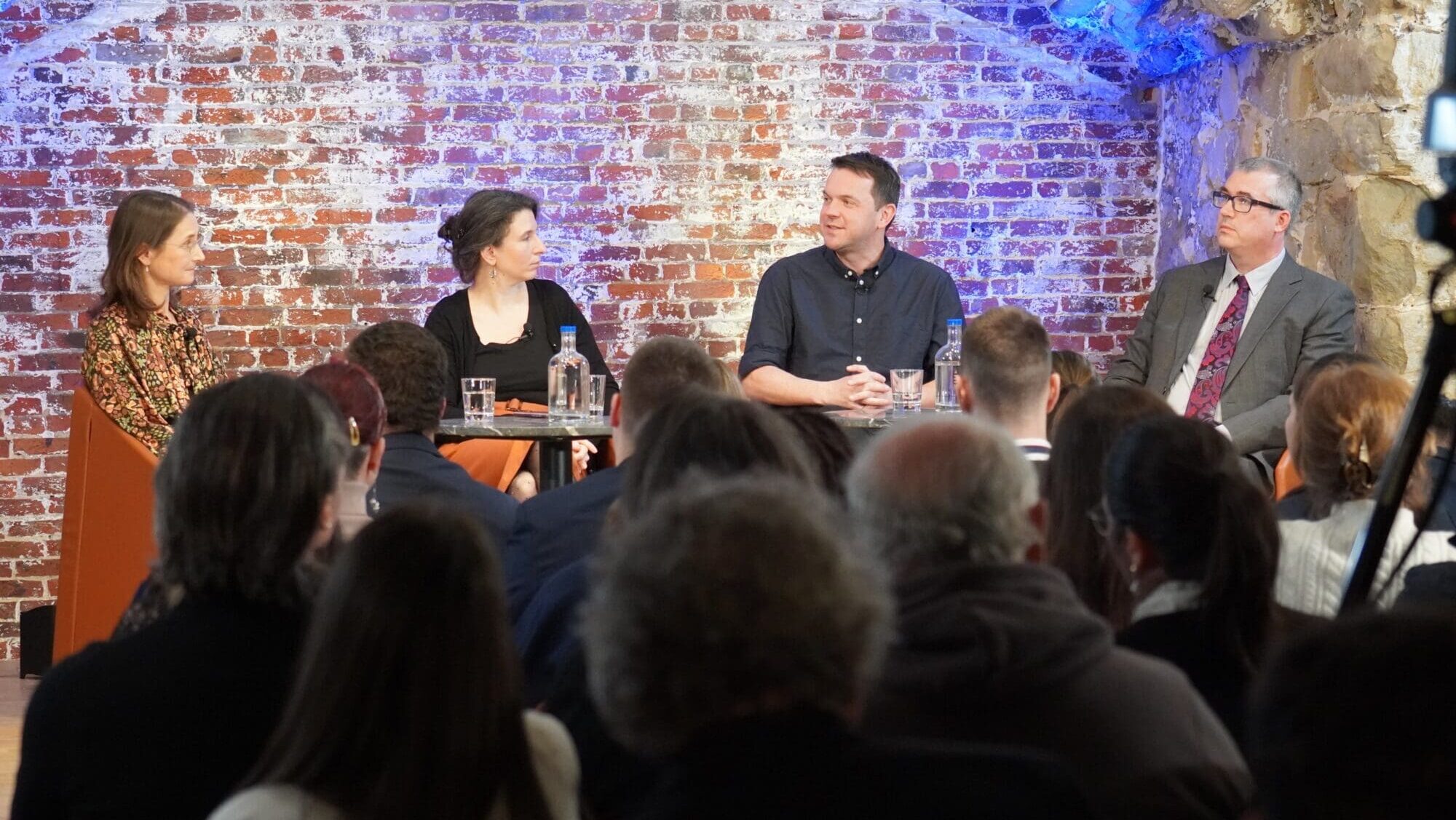
Reading books has lost its appeal for the younger generations, making it difficult to pass on the cultural values that made the Old Continent great.

A Conversation with Paul Kingsnorth:
“Orthodoxy, unlike much Western Christianity, has not bent with the times, so … we have to build communities, even in our own homes, and try to hold to those values. It’s hard. Building communities with others will be the key. But Christians now in the West are like those in the early centuries: we are minorities in a ‘secular’ world. We have to live as such.”

Reading Javier Marías’ Berta Isla, I’d finally escaped my hospital bed and entered into a terrain where needles and IVs weren’t welcome.
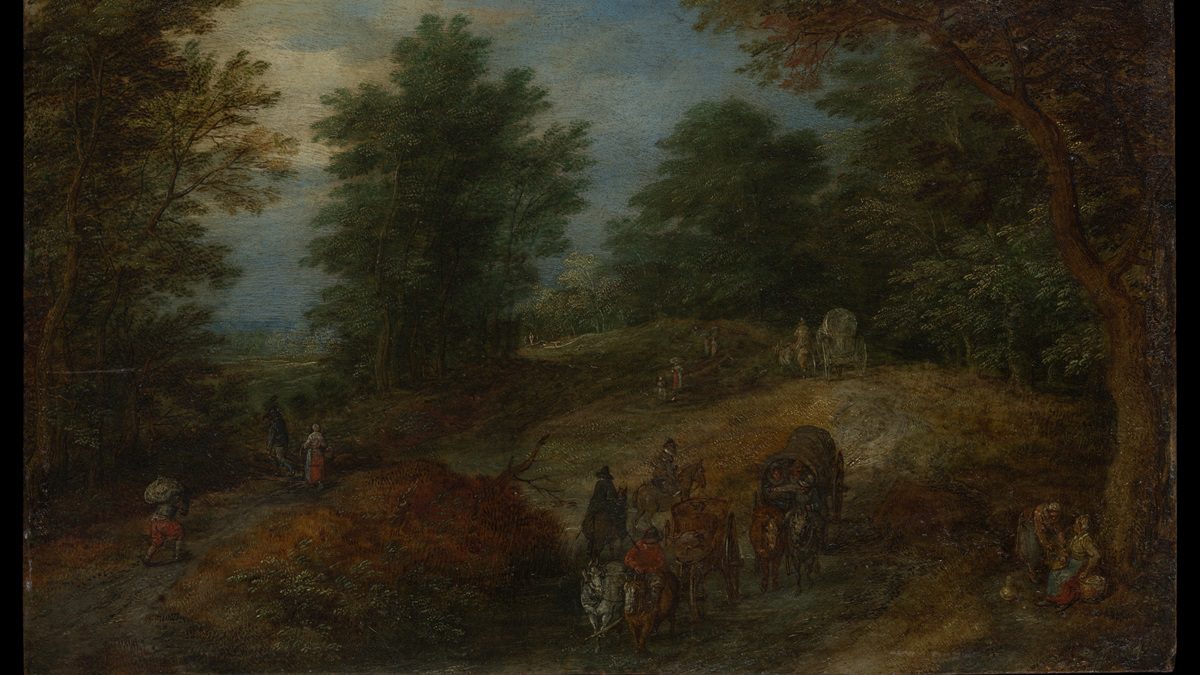
Jane Austen helps us to see that evil is a very ordinary thing.
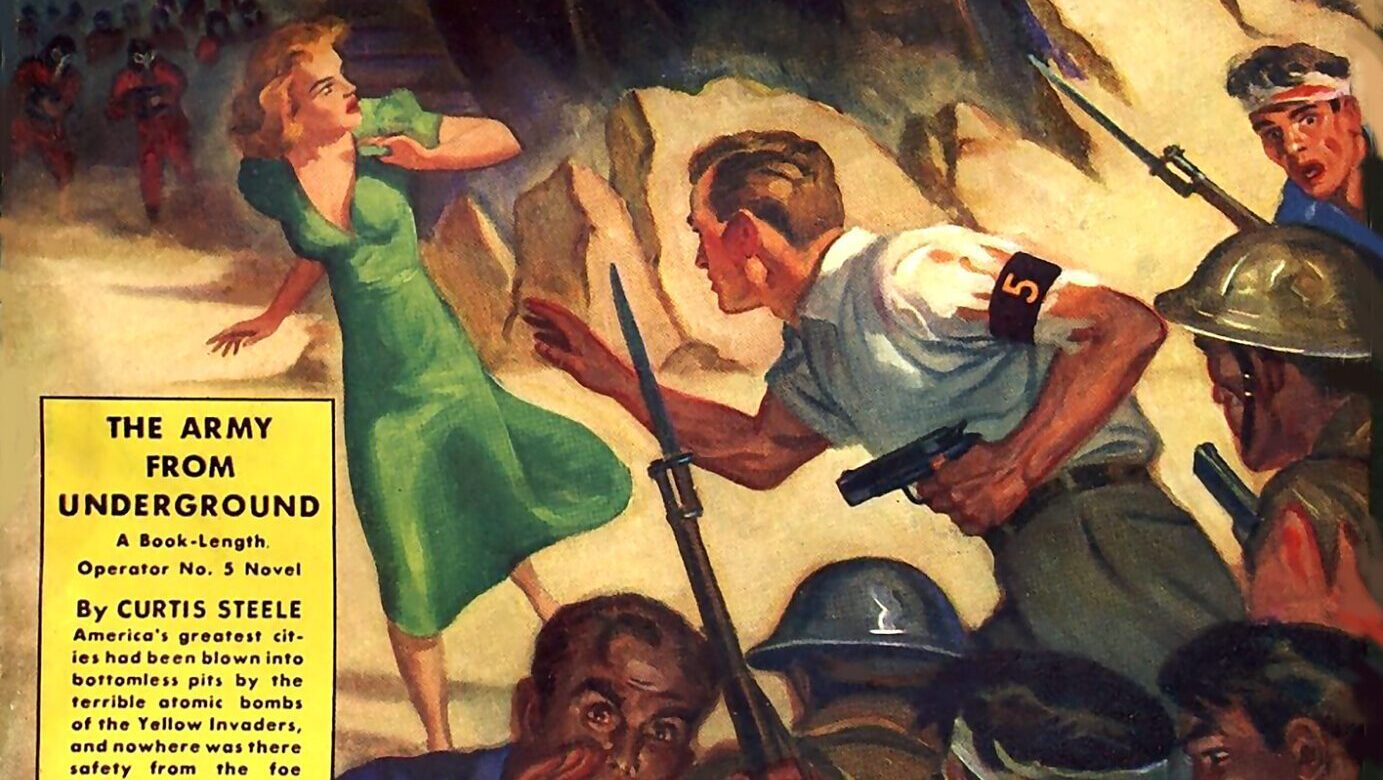
‘Future war’ novels are enjoyable if approached in the proper spirit and read as escapist literature.

In an age of hostility, we need Christian literature of suffering and persecution expressed in terms of faith and fortitude.

Tolkien’s tale reminds us that we ourselves are part of the Great Story.
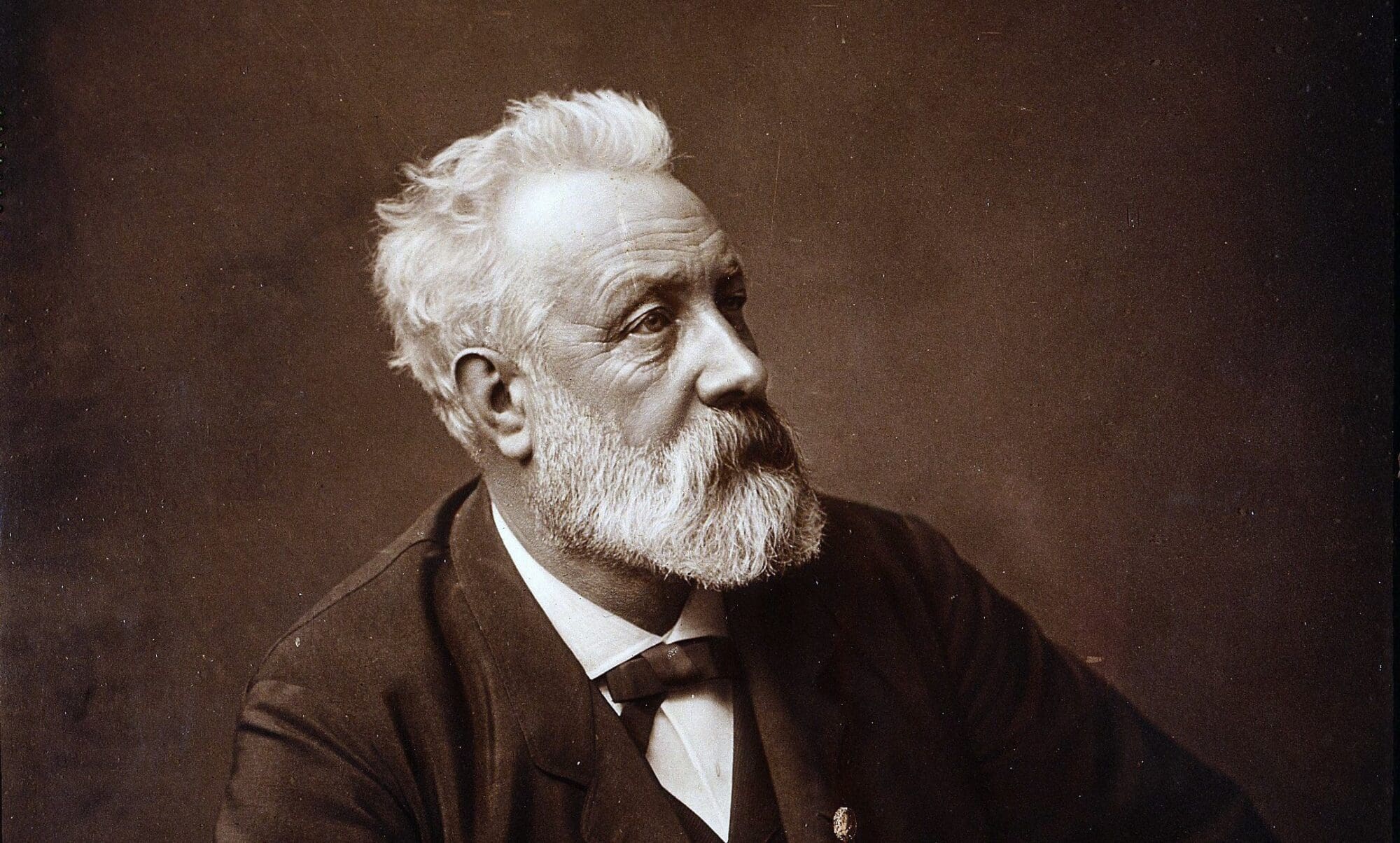
Verne’s success in the English-speaking world is remarkable considering the vagaries his work suffered after his death.

In Shakespeare’s Journey Home, Julian Dutton seeks to discover something new about the playwright by walking in his shoes.